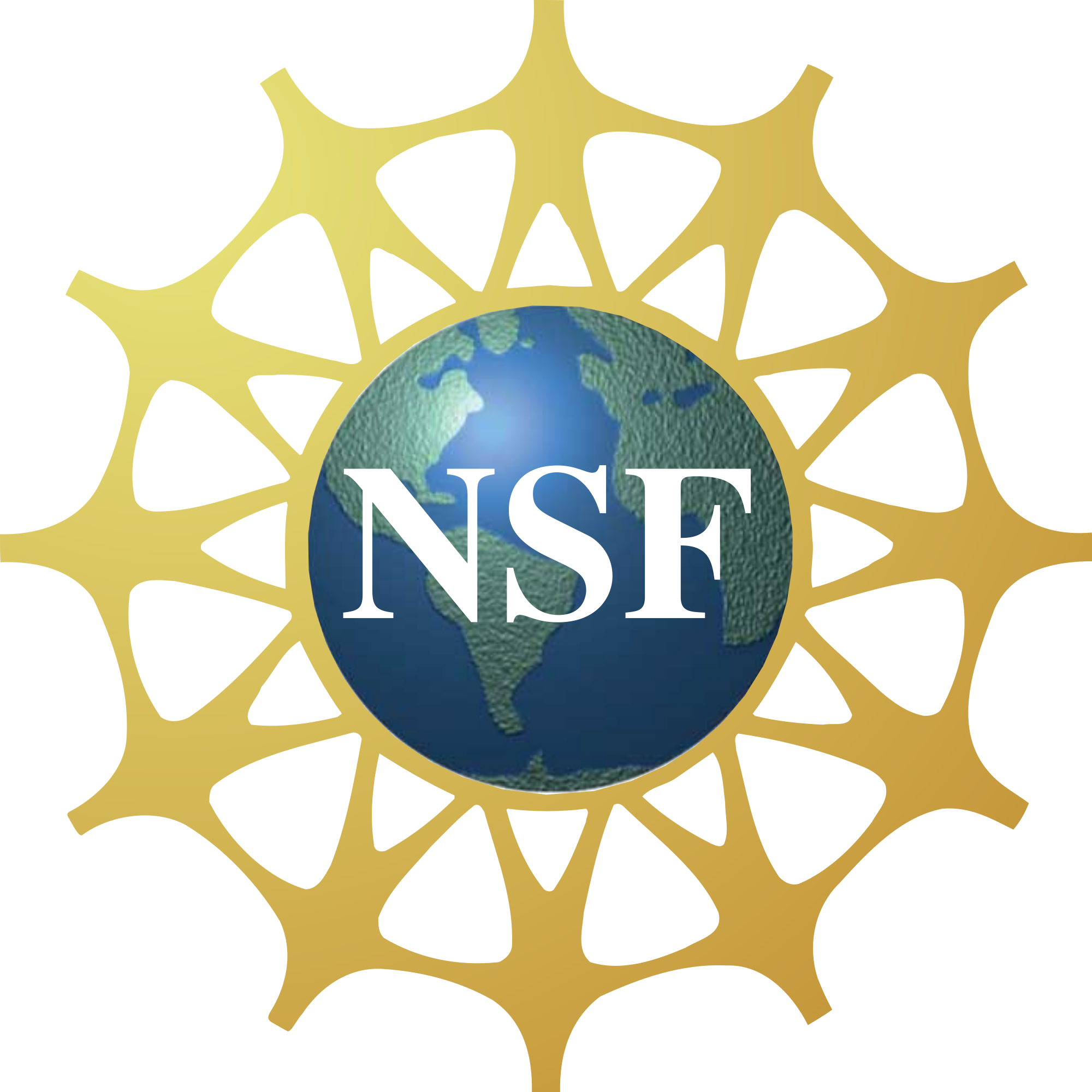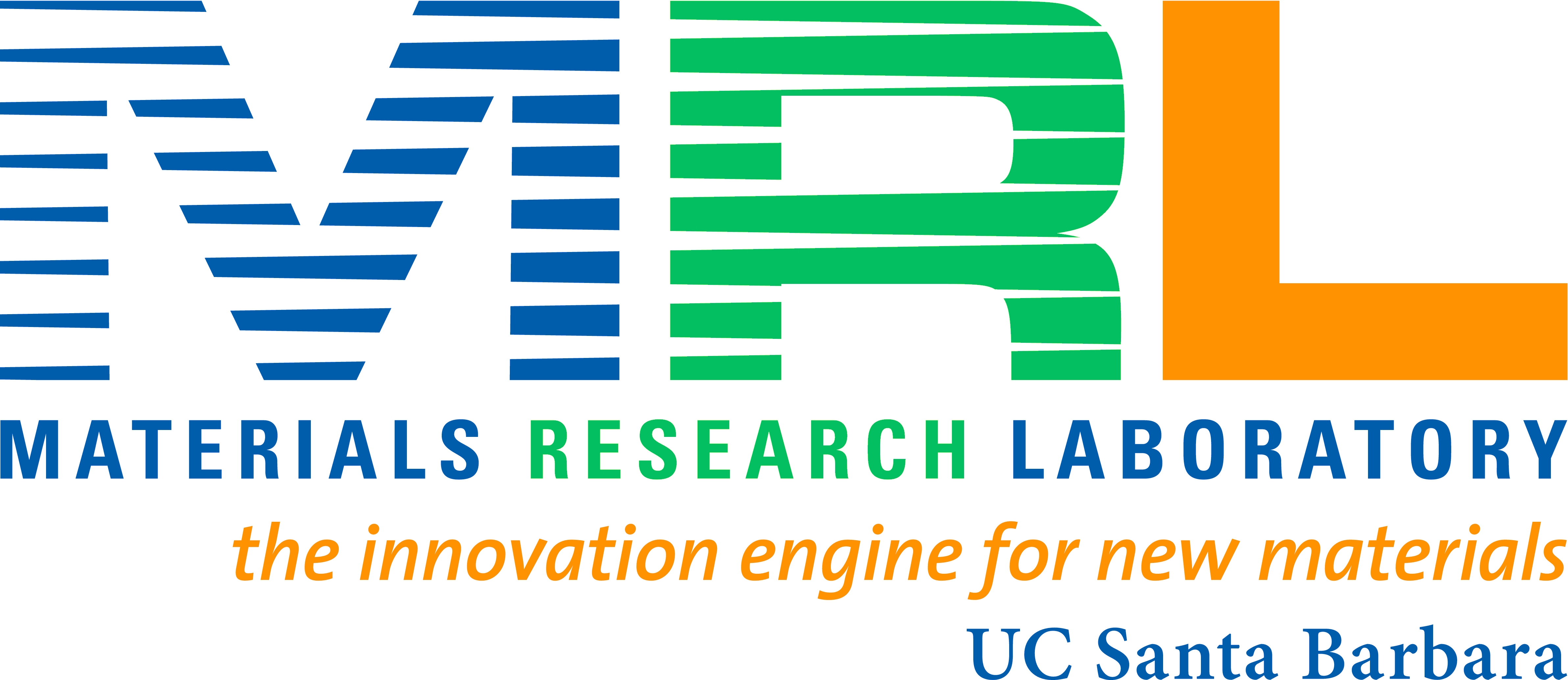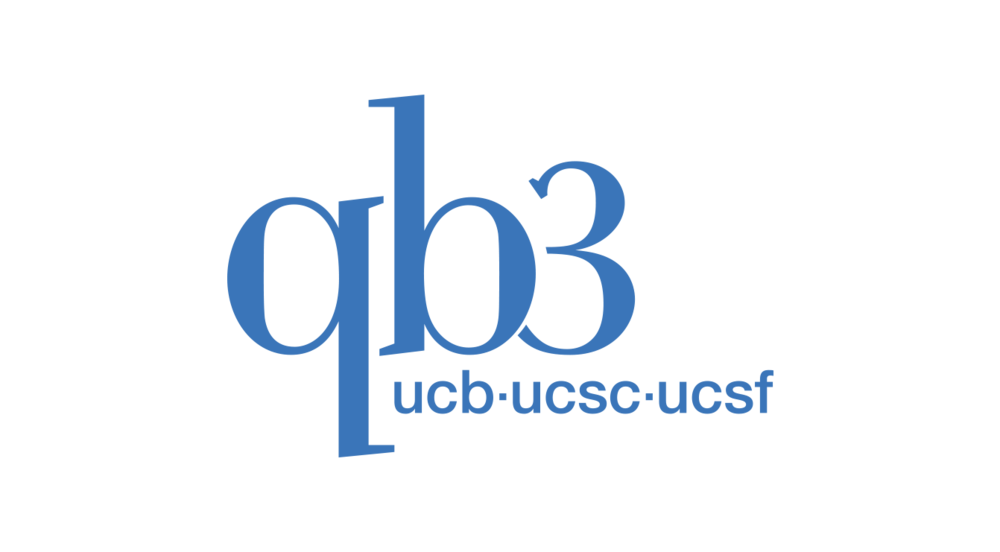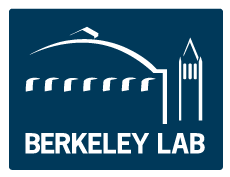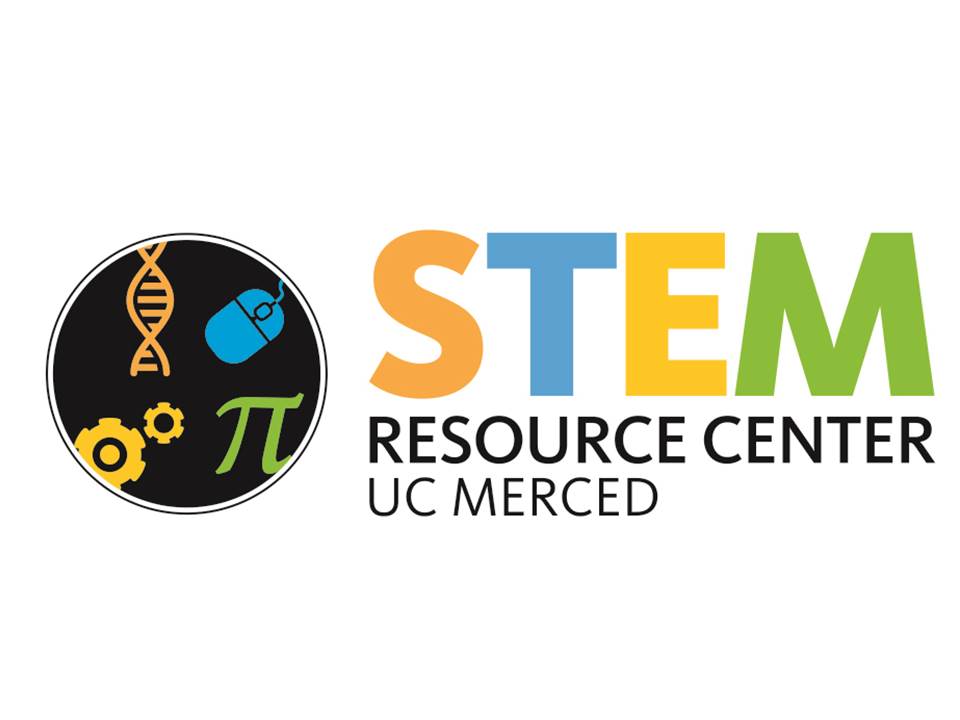CCBM affiliates have access to state-of-the-art instruments for synthesis, characterization, and performance evaluation, after training and certification.
CCBM Equipment and Facilities
For all CCBM affiliated faculty, project scientists, post-docs, graduate students and undergraduates.
Biomolecular Mass Spectrometry Facility (BMSF)
The Biomolecular Mass Spectrometry Facility (BMSF) is housed within the Center for Cellular and Biomolecular Machines (CCBM), has been established to serve the needs of the entire University of California Merced (UCM) community. The BMSF is the o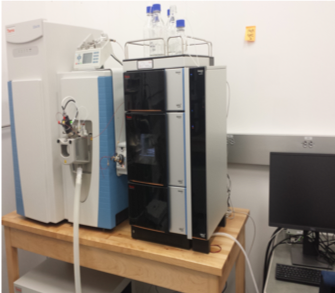 nly technical support facility in the campus, which provides services, education, and training to enhance biomedical research endeavors through mass spectrometry-based biomolecules.
nly technical support facility in the campus, which provides services, education, and training to enhance biomedical research endeavors through mass spectrometry-based biomolecules.
The overall goals of BMSF are to provide UCM researchers state of the art high performance mass spectrometry services, to collaborate and to collect the highest quality mass spectrometry data possible on biological samples with high mass accuracy and precision obtainable.
The core includes all aspects of protein characterization and several applications such as:
- Protein identification and quantification based on label-free and isotope labeling
- Tandem MS/MS applications for peptide and protein sequencing
- Mapping of covalent protein modifications and analysis of non-covalent biomolecular complexes
The facility has a LC-MS system from Thermo Scientific:
- Q-Exactive Hybrid Quadrupole-Orbitrap coupled with Vanquish UHPLC (for Biomolecular application)
Proteomics Applications:
- Protein sample identification/confirmation
- Protein sample purity determination
- Detection of post-translational modifications
- Detection of amino acid substitutions
- Determination of disulfide bonds
- De novo peptide sequencing
- Mass fingerprint identification of proteins
- Monitoring protein folding (H/D exchange)
- Monitoring protein-ligand complexes/structure
- Proteome profiling (quantitative proteomics)
CCBM Cluster
Our computational facilities here at the CCBM addresses the needs for both experimental and theory researchers. To accomplish this we have installed two separate components; (1) A traditional computational cluster -- This cluster has 128 cpu cores and 96 GB of RAM in total. This system runs scientific Centos 7 that is configured with the latest version of Python, which supports virtual python programming environments such as anaconda. (2) Two powerful workstations that are geared toward experimentalist. These systems are dual core AMD threadripper cpus with 64 GB of RAM each. We have a suite of installed software mirrored on both machines. Here is a list of software on these resources:
- MATLAB
- Mathematica
- COMSOL
- Free Fem++
- Fiji (ImageJ)
- Ilastik (deep learning image segmentation)
The cluster and workstations are regularly used by 20+ users. Data analysis and simulations that have been done on our computational resources have contributed to several publications. Our computational resources are also used extensively for training during the hands-on portions of the summer modules and the computation and modeling course.
For more information, contact CCBM Co-Director: Prof. Ajay Gopinathan

